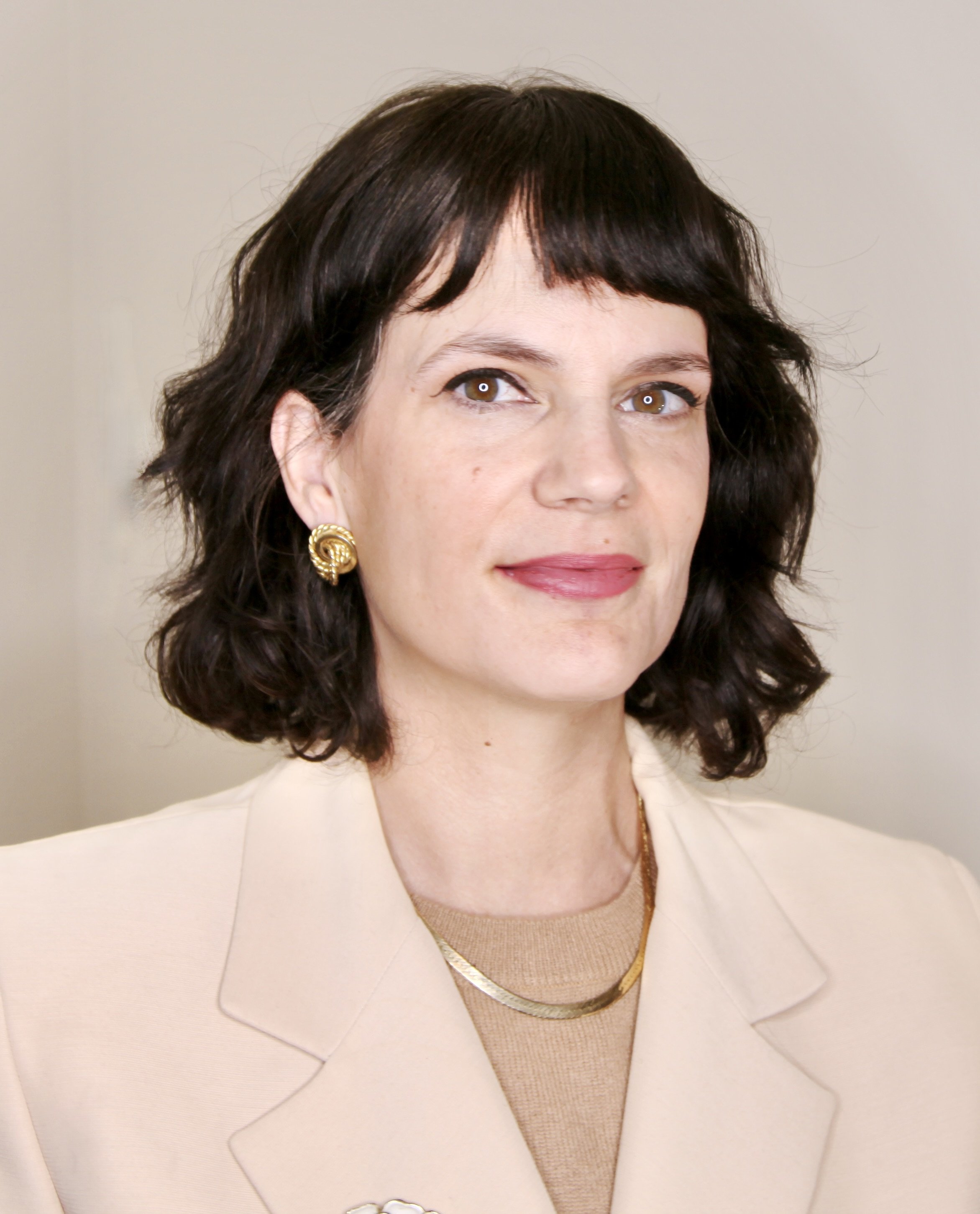ELIZABETH L. CLINE is a researcher, writer, and communications consultant specializing in international relations, global sustainability, human rights, and ESG policy. Her work examines how trade, supply chains, and corporate governance intersect with liberal democratic, human rights, and environmental goals—bridging the worlds of social sustainability and geopolitics. Cline possesses a unique blend of analytical and communications prowess.
Cline first rose to prominence for transforming public understanding of the global apparel industry through her books Overdressed and The Conscious Closet, which helped spark a worldwide movement for ethical consumption and transparency in fashion supply chains. Today, her focus extends across sectors, including research and consulting for NGOs on sustainable development, human rights due diligence, and the evolving landscape of ESG and international regulation. She recently completed research projects for the United Nations Fashion Charter on Climate Action and the U.S. Sustainability Alliance, focusing on decarbonization and sustainable agriculture.
Her insights have been featured on NBC Nightly News, NPR’s Fresh Air, and Hulu’s IMPACT x Nightline, and her reporting and opinion writing have appeared in The New York Times, Reuters, The Atlantic, and Forbes. She has contributed to environmental and human rights policy reforms in California, New York, and the U.S. Most recently, she penned a story on the geopolitical implications of the U.S. trade war on a sustainability initiative in fashion.
At Columbia University, Cline teaches in the Sustainability Management Master’s Program, preparing future leaders to design supply chains, governance systems, investor models, communications strategies, and businesses that are equitable, resilient, and environmentally sound.







